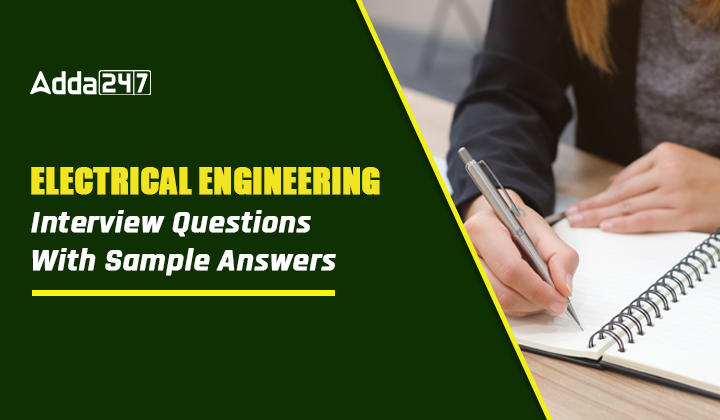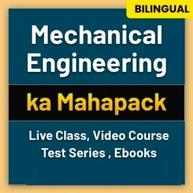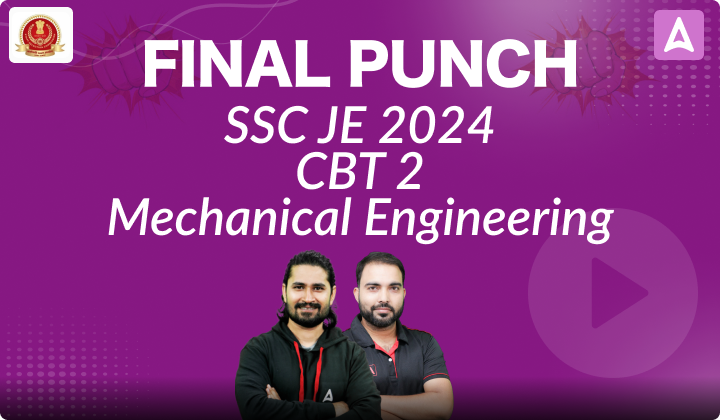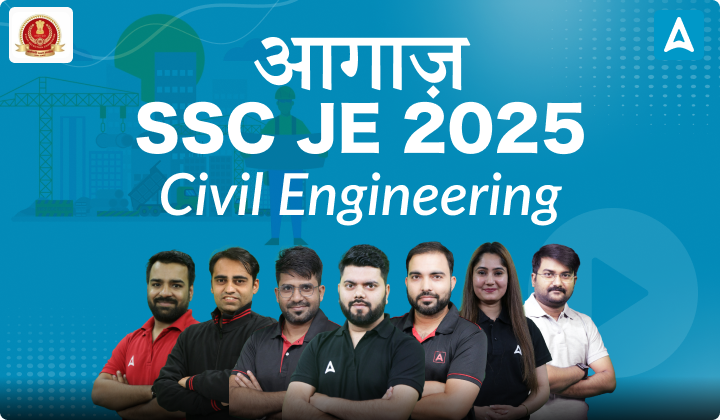Table of Contents
Electrical Engineering Interview Questions With Sample Answers
Importance of Interview for Electrical Engineers
Interviews possess a key role for electrical engineers as it judges technical skills, problem-solving skills, Communication skills, etc. Here are some of the key reasons why interviews are important for electrical engineers:
- The interviewer judges the technical expertise of the Interviewee by asking some technical questions.
- Sometimes a case study is also a part of the interview which highlights how the person will react in different situations.
- The verification of the experience and educational qualification is also done in the interview.
- Effective communication and interpersonal skills are essential for electrical engineers. Interviews provide an opportunity for employers to assess a candidate’s ability to communicate effectively in a professional way.
- It gives a better path to several career opportunities and network growth.
Important Electrical Engineering Interview Questions and Answers
Sample answer: A diode is a two-terminal electronic component that allows current to flow in only one direction. It acts as a one-way valve for electrical current. A transistor, on the other hand, is a three-terminal electronic component that can amplify or switch electronic signals and power. It consists of three layers of semiconductor material and can function as an amplifier or a switch depending on its configuration.
Ques. What are the different types of electric motors and their applications?
Sample answer: There are several types of electric motors used in different applications. Some common types include Induction motors, Synchronous motors, DC motors, Brushless DC motors, etc.
Ques. What is the difference between AC and DC?
Sample answer: AC (Alternating Current) is a type of electrical current that periodically changes its direction. It is commonly used for power distribution in homes and businesses. DC (Direct Current), on the other hand, flows in only one direction and is commonly used in batteries and electronic devices. AC can be easily transformed to different voltage levels using transformers, while DC requires electronic devices like converters to change voltage levels.
Ques. How can you explain Ohm’s Law?
Sample answer: Ohm’s Law states that the current flowing through a conductor is directly proportional to the voltage across it. Mathematically, it can be expressed as I = V/R, where I is the current in amperes, V is the voltage in volts, and R is the resistance in ohms.
Ques. Can you explain the concept of grounding and why it is important?
Sample answer: Grounding is the process of connecting electrical equipment and systems to the Earth or a conductive body to provide a path for fault currents to safely flow away from the system. It serves several important purposes, including
- Personal safety by providing a low-impedance path for fault currents, which helps prevent electrical shocks and reduces the risk of electric fires.
- Protecting sensitive electronic equipment from transient voltage spikes and surges.
- Stabilizing voltage levels and reducing noise interference by providing a reference point for voltage potential.
- Proper grounding is crucial in electrical systems to maintain safety, equipment protection, and reliable operation.
Ques. How would you calculate the size of a conductor for a given electrical load?
Sample answer: To calculate the size of a conductor, you need to consider the electrical load of the desired voltage drop, and the material properties. The calculation involves determining the current (I) using the load in amperes, the length of the conductor, and the acceptable voltage drop based on the specific application. Additionally, factors such as ambient temperature and the number of current-carrying conductors in a conduit may also need to be considered. Standard reference tables and the National Electrical Code (NEC) provide guidelines for selecting the appropriate conductor size.
Sample answer: Resistance is a measure of how much a material or component obstructs the flow of electric current. It depends on the material’s dimensions, temperature, and electrical properties. Resistivity, on the other hand, is an inherent property of a material that quantifies its resistance per unit length and cross-sectional area. It is a material-specific property that remains constant regardless of the material’s shape or size.
Ques. What is the purpose of a transformer and how does it work?
Sample answer: A transformer is a device used to transfer electrical energy between two or more circuits through electromagnetic induction. Its primary purpose is to step up or step down voltage levels while maintaining power continuity. Transformers consist of two or more coils of wire called windings, which are placed on a magnetic core. When an alternating current flows through the primary winding, it produces an alternating magnetic field. This magnetic field induces a voltage in the secondary winding, allowing the transfer of electrical energy at a different voltage level.
Ques. What is the difference between a conductor, semiconductor, and insulator?
Sample answer: A conductor is a material that allows the free flow of electric charges, such as metals. A semiconductor is a material that has a conductivity between that of a conductor and an insulator, and its electrical properties can be modified. An insulator is a material that restricts or blocks the flow of electric charges, such as rubber or glass.
Ques. How would you troubleshoot a motor that fails to start?
Sample answer: When troubleshooting a motor that fails to start, I would follow these steps:
- Check the power supply
- Inspect the motor connections
- Test the motor windings and bearings
- Check the motor capacitor
- Consult motor documentation (If all else fails)
Ques. What Initially Sparked Your Interest in Electrical Engineering?
Sample Answer: I opted for Electrical Engineering due to my Curiosity about how things work and my Fascination with electricity. In this answer, the Interviewer wants to know about the achievements made by the interviewee in the various fields of Electrical Engineering.
Ques. What Are the Main Types of Electric Currents?
Sample Answer: The main types of electric currents are:
Direct Current (DC): Direct current is a type of electric current that flows in only one direction through a conductor. In a DC circuit, the voltage remains constant with time, and the current flows steadily in a single direction. DC is commonly produced by batteries, fuel cells, or rectifiers converting AC to DC.
Alternating Current (AC): Alternating current is a type of electric current that periodically reverses its direction of flow. In an AC circuit, the voltage and current continuously change in magnitude and direction over time, following a sinusoidal waveform. AC is the most common form of electric power transmission and distribution, as it can be easily generated, transformed, and transmitted over long distances.
Now keep yourself updated with Latest Engineering Government Jobs 24×7 Download ADDA247 App Now! CLICK HERE






 RRB JE Recruitment 2024 Notification Out...
RRB JE Recruitment 2024 Notification Out...
 Candidates Above 30 Years Can Also Apply...
Candidates Above 30 Years Can Also Apply...
 TNPSC AE Recruitment 2024, Apply Online ...
TNPSC AE Recruitment 2024, Apply Online ...













